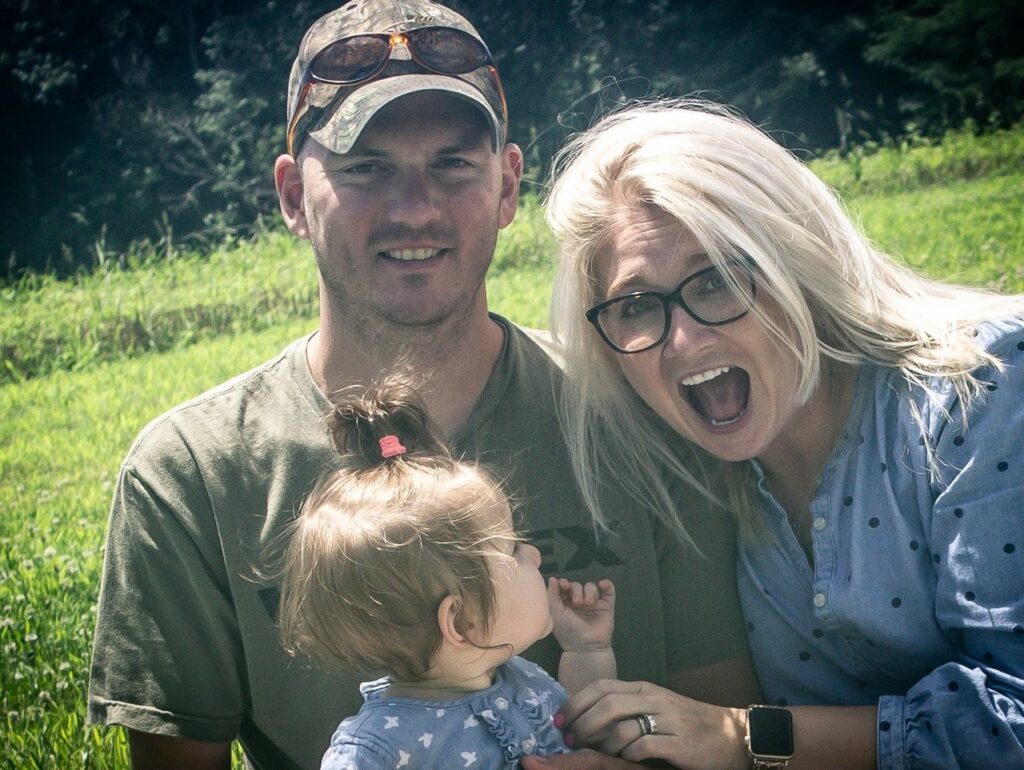Postpartum depression or anxiety can affect anyone. No one is exempt, and it is not your fault. In fact, 1 in 9 mothers in the US experience PPD/A. The trouble with diagnosis and awareness is that this condition is not one size fits all. There are multiple signs and symptoms. Each mama is incredibly different.
Rage. Trouble bonding with baby. Inability to sleep. Obsession. Anxiety. Feeling hopeless or empty. This is just the tip of the iceberg.
Since the symptoms vary so widely, I’m going to break PPD/A down into 3 categories: emotional, physical, and behavioral.
Emotional Signs
Emotions symptoms consist of feeling sad, hopeless, empty, overwhelmed, or alone. Crying for no reason and more often than usual. Feeling worried, overly anxious, or obsessing over your baby. Irritablily, restlessness, moodiness, anger, and rage. Doubting your ability to care for your baby. Thoughts about harming yourself or your baby. These are all emotional signs of PPD/A.
Physical Signs
Insomnia or the inability to sleep. Sleeping too much is also a sign. Overeating or loss of appetite. Difficulty conentrating or memory loss. Physical aches and pains. Changes in bowl movements (a large concentration of serotonin receptors are in our guts). PPA/D can be detrimental to our overall physical health.
Behavioral Signs
Loss of interest, aka not enjoying things you did pre-baby. Seclusion and the avoidance of friends and family. Having trouble bonding with your baby or the inability to form emotional attachment. Withdrawing from your partner or spouse. PPD/A can completely change the way we live our lives.

You see, I suffered from SEVERE postpartum anxiety. For weeks at a time, I did not sleep. I was obsessed with the fear that I was going to throw my daughter out of a window. Every time I tried to sleep, I would wake up gasping with the vision that I was suffocating her. The lack of sleep caused my body to physically shut down. I also experienced hallucinations, and I became a recluse. Most importantly, I didn’t talk about what I was experiencing.
Luckily, I have an amazing OBGYN that listened to my experience with an indescribable level of compassion. After our conversation, she prescribed medication. I started seeing a counselor. I’m forever grateful to this woman for saving me from myself.
I am no expert in postpartum depression. I’m just someone that was lucky enough to survive. Had I not sought out help early on, my journey may have ended differently. Mamas, if you experience the signs of PPD/A, get help. There is no shame in talking about postpartum depression. We don’t have to suffer in silence. Do whatever can save you from this monster masking as PPD.
1 Comment
Comments are closed.